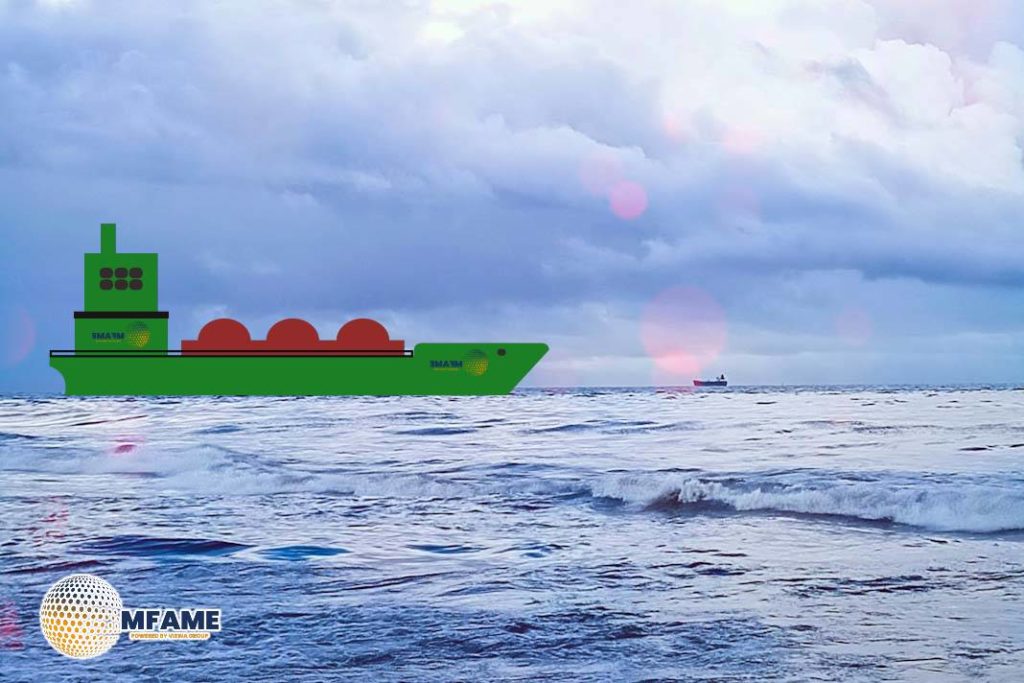Introduction to Ammonia as an Alternative Fuel
ClassNK has published new estimates of ammonia leak frequencies from onboard components of ammonia-fueled ships, which are now included as an appendix in the latest edition of “Part C of Guidelines for Ships Using Alternative Fuels (Edition 3.0).” These estimates are designed to be a critical tool for risk assessment in the design and operation of ammonia-fueled ships.
Challenges in Estimating Ammonia Leak Probabilities
Ammonia is gaining attention as an alternative fuel because it does not emit CO2 when burned. As the maritime industry works toward the practical application of ammonia-fueled ships, incorporating comprehensive risk assessments into ship design is essential. A key component of these assessments involves estimating the probability of ammonia leaks from various onboard components. However, due to a lack of statistical data on ammonia leaks at sea, accurately determining these probabilities has been challenging.
ClassNK’s Collaboration with RISS and AIST
To address this challenge, ClassNK collaborated with the Research Institute of Science for Safety and Sustainability (RISS), part of the National Institute of Advanced Industrial Science and Technology (AIST). Together, they used a Bayesian method to estimate the probability of ammonia leaks from each component on board. This method integrates onshore ammonia leak frequency data from the High Pressure Gas Safety Institute of Japan and LNG leak frequency data from LNG-fueled ships. Bayesian estimation is particularly useful for assessing risks associated with substances like ammonia and hydrogen, where actual operational data is scarce. This marks the first time that ammonia leak frequencies have been estimated for onboard components in ammonia-fueled ships.
The guidelines are available to download via “Guidelines” of My Page on ClassNK’s website after registration. https://www.classnk.or.jp/account/en/Rules_Guidance/ssl/guidelines.aspx
The availability of these estimated leak frequencies allows for more reliable and reasonable risk assessments, contributing to safer ship design and operation. This initiative is part of ClassNK’s broader “Transition Support Services,” which aims to support the maritime industry’s smooth transition to zero-emission fuels. ClassNK remains committed to promoting the safe adoption of ammonia and other alternative fuels, furthering the industry’s progress toward a sustainable future.
Did you subscribe to our daily Newsletter?
It’s Free! Click here to Subscribe!
Source: ClassNK

















